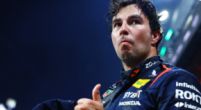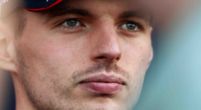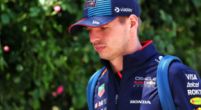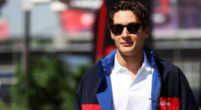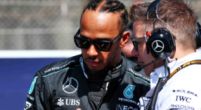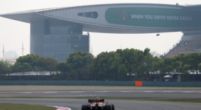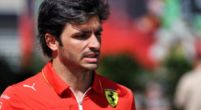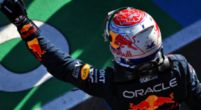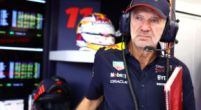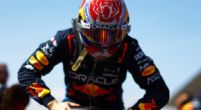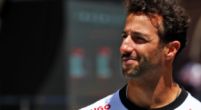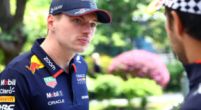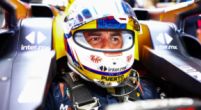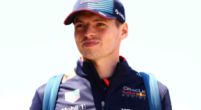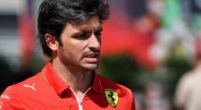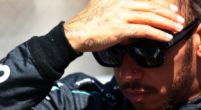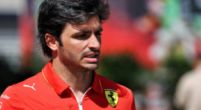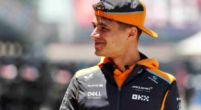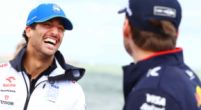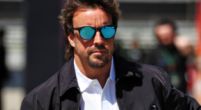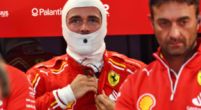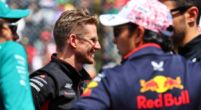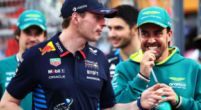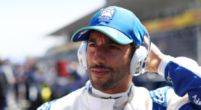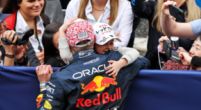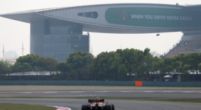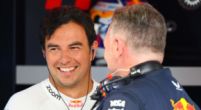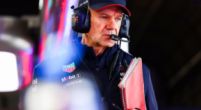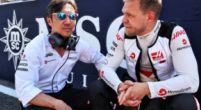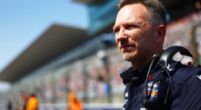Lauda took a role as Mercedes' non-executive chairman in 2012
F1 News
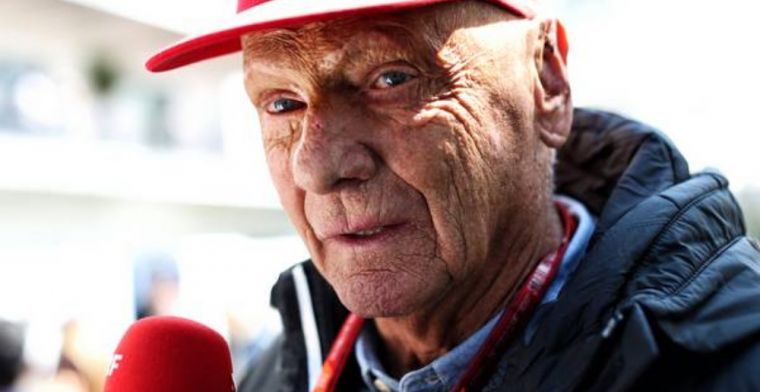
GPBlog's Top 50 drivers in 50 days - #7 - Niki Lauda
Hello and welcome to the final week or the off-season! We’re just seven days away from the first race of the season in Australia. So, we’d better get on with continuing our countdown of the top 50 F1 drivers of all time! Yesterday in at number eight was Sir Jackie Stewart, but making it into the top seven today is Niki Lauda.
Lauda is one of F1’s great personalities, an inspiring character whose story is not just one of the best in F1, but in sport itself.
Lauda began his F1 career in 1971 with a one off appearance for March at his home Grand Prix in Austria, with the partnership made full time in 1972.
The March was uncompetitive though, and Lauda moved on to BRM for the following year, where he had more success, but not by much.
His performances did impress Enzo Ferrari though, and the Italian gave him a drive at the famous team for 1974. His season was affected by reliability but he was still able to take two victories, in Spain and the Netherlands.
The Ferrari was more competitive in 1975 but Lauda’s started poorly. Five points from the first four races saw him trail the reigning champion Emerson Fittipaldi, but Lauda soon hit his stride.
Consecutive wins in Monaco, Belgium and Sweden saw him jump to the top of the standings and he then backed it up with a further victory in France.
The rest of the season was a formality, with Lauda picking up regular points and taking his first world title.
Lauda was favourite in 1976 and proved why by taking a dominant championship lead over McLaren’s James Hunt.
However, at the German Grand Prix Lauda has his infamous fiery crash, suffering horrible burns. He only just survived and incredibly missed just two races.
Hunt hit a strong patch and won two races in succession to keep the title alive. At the season ending Japanese Grand Prix, Lauda retired after just one lap, saying the wet conditions were too dangerous to race.
Hunt managed to finish third and took the title by just a single point. But Lauda was back on form in 1977, finishing on the podium more often than not and securing a second title.
A move to Brabham followed for 1978, and he found it tough with reliability costing him a chance at the title. When he finished, he finished well, including a win in Sweden in the famous ‘fan car’.
1979 was a torrid season and he scored points just twice as the Brabham was barely able to finish a race. He withdrew from the Canadian Grand Prix and retired on the spot.
However this wasn’t the end of his career. Lauda returned in 1982 with McLaren, winning on his third race back. A run of bad luck and retirements prevented him from challenging for the title.
1983 wasn’t great for Lauda, scoring just two podium finishes, but McLaren gave him a strong challenger for the next year.
Lauda took on teammate Alain Prost for the title and the pair exchanged win in the early part of the season. During the second half of the year, Lauda took three wins and two second places to take the championship lead.
Prost won the European Grand Prix to take it to the final race, but Lauda followed the Frenchman home to take his third title by just half a point, the closest F1 season of all time.
1985 turned out to be Lauda’s final season in F1, winning just once as Prost dominated the championship.
More recently, Lauda joined Mercedes in an advisory role and played a huge part in their recent domination until his sad passing last year.
Lauda was a hugely-loved guy in the paddock and the wider F1 world. His determination to return to racing so soon after his accident embodies the spirit of what F1 is all about. Gritty, determined and incredibly talented, Niki Lauda will always be one of F1’s legendary characters.






